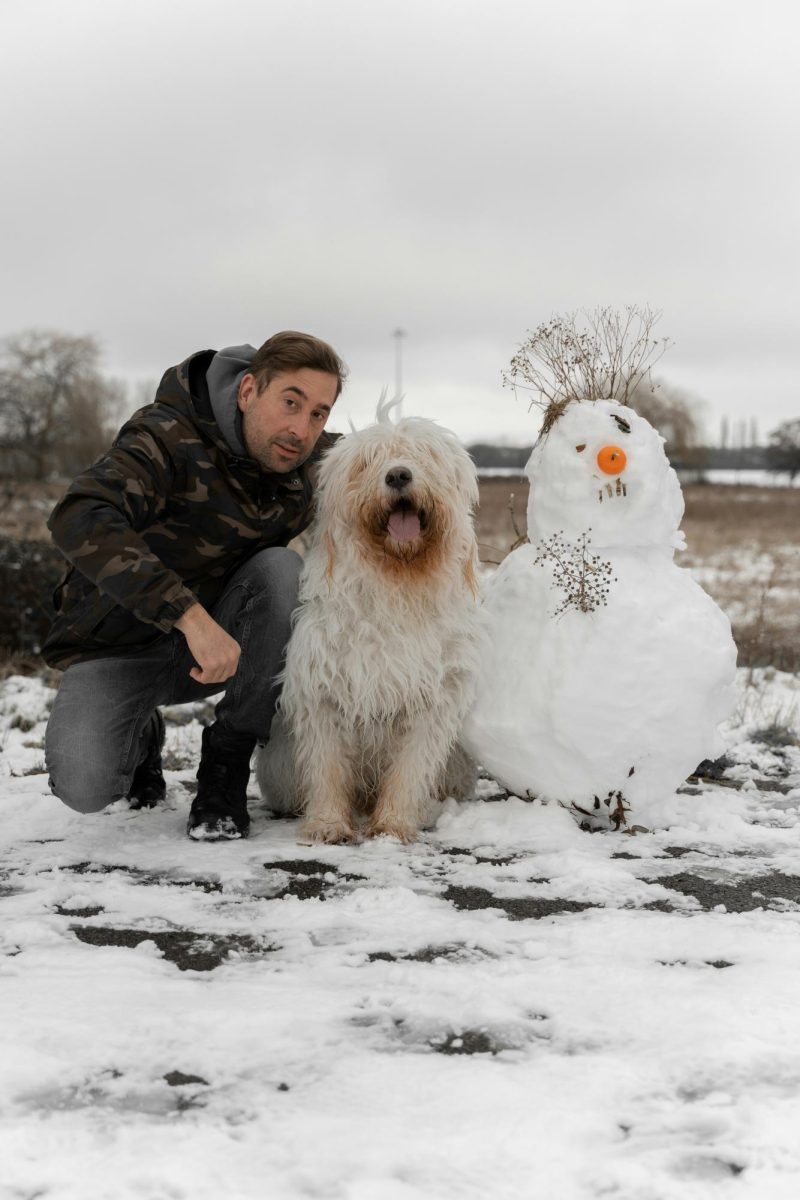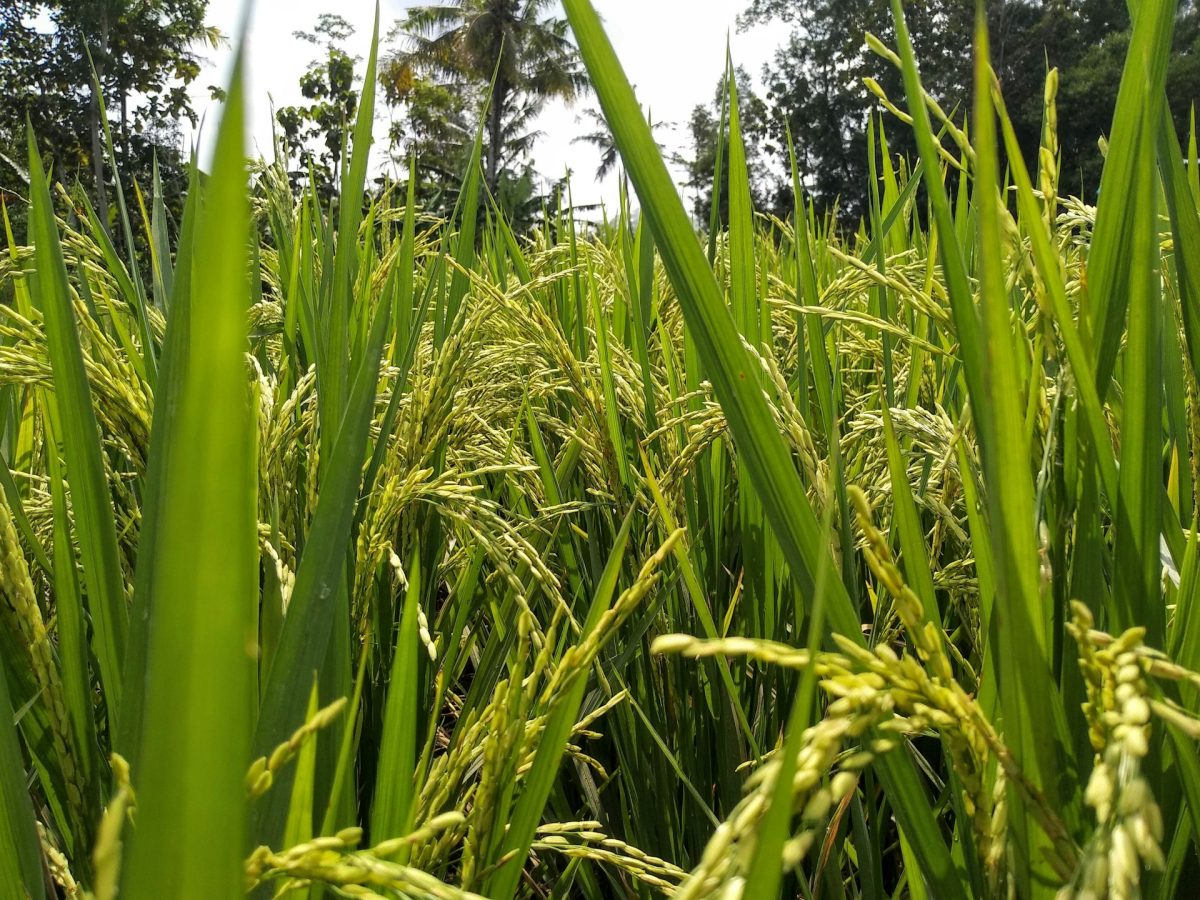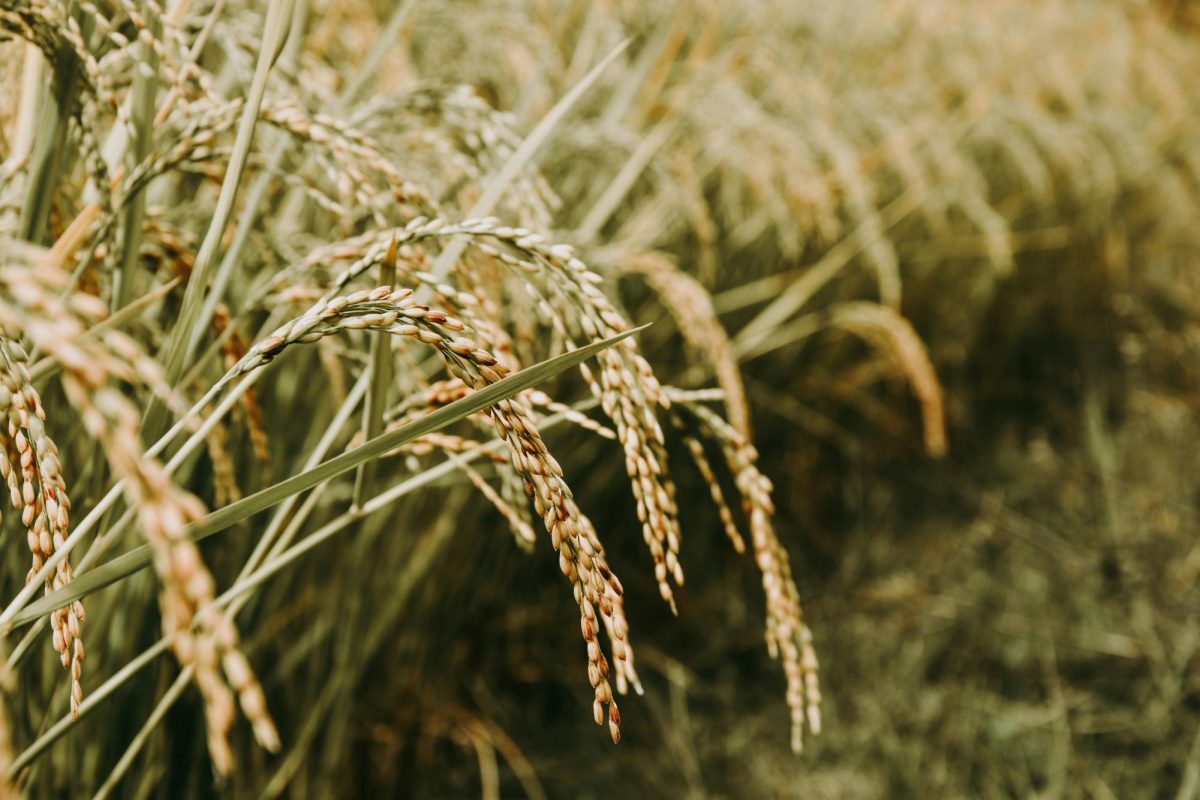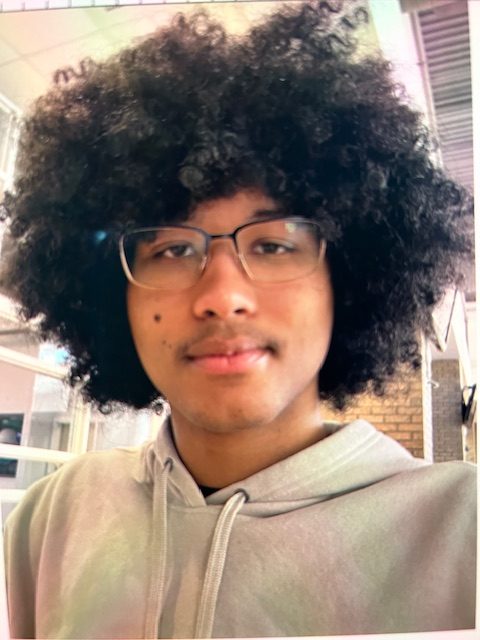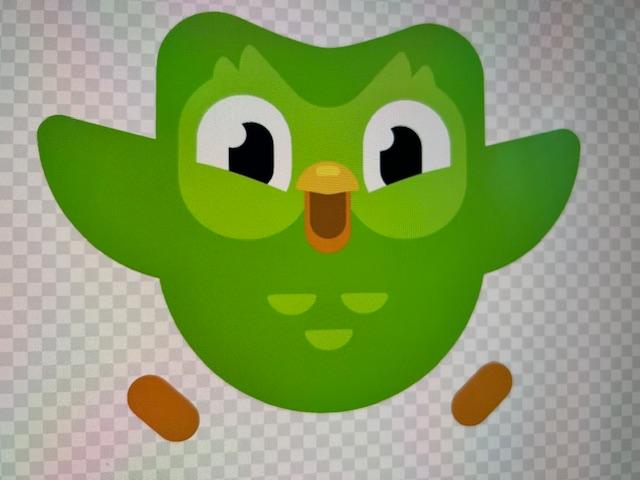Humans and animals share many similarities. Both are living organisms that can adapt and reproduce but there are multiple fundamental differences that separate humans and animals. These differences surround things such as analytical and logical abilities, social organization, communication, and cultural development.
One of the primary differences between humans and animals is in logical abilities. While animals show several degrees of intelligence, some show amazing problem-solving skills, such as monkeys using tools or dolphins’ complicated ways of communication.

Human intelligence is significantly more advanced. Humans have the ability to think intellectually, reflect, and be self-aware to a much higher degree. Our capacity for critical thinking, imagination, and creativity allows us to invent and understand concepts beyond the immediate present. Humans possess a theory of mind, meaning we can understand that other people have different thoughts, opinions, and perspectives.
While I think that animals can feel empathy and be understanding, it is on a lower level than what humans feel. Humans already have more complex emotions like grief, nostalgia, and empathy. Humans’ emotions are also mostly based on social context and what is considered bad and good, and they express their emotions through language and facial expressions. Humans also reflect on their emotions to try to understand why they feel the way that they do and then try to figure out how to respond, which is also based on the context of the environment and society. Instead of figuring out a response, animals respond instinctively to stimuli. Animals’ emotions are also based on instinct, survival needs, and interactions within their group. Animals express emotions through body language, vocalizations, and pheromones.

Humans have the unique ability to discuss abstract concepts such as time, morality, and hypotheticals, which is an ability that animals don’t have. Human communication goes past language and facial expressions to music, art, and writing, which are ways to represent how people feel through a poem or through relating to a song.

Social organisms and cultures are also different. Although many animals live in social groups with hierarchies and cooperation, human society is very complicated and organized. Humans form civilizations, develop political systems, create laws, and establish institutions such as schools and governments. Additionally, humans are unique in their ability to accumulate and pass down knowledge and traditions throughout generations, leading to the development of diverse cultures, religions, and philosophies. This cultural evolution enables humans to progress and grow in ways that animals–driven by instinct and immediate survival needs–cannot.
In conclusion, humans and animals share certain biological characteristics. It is the advanced logical and analytical abilities, communication, and complex structures that fundamentally differentiate humans from animals. These distinctions have allowed humans to create and develop civilizations, engage in creative endeavors, and influence the world in ways that, to our knowledge, no other species can.

